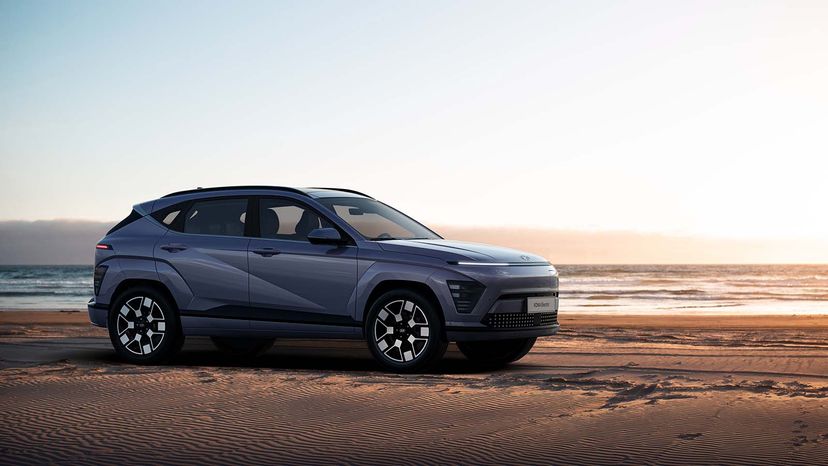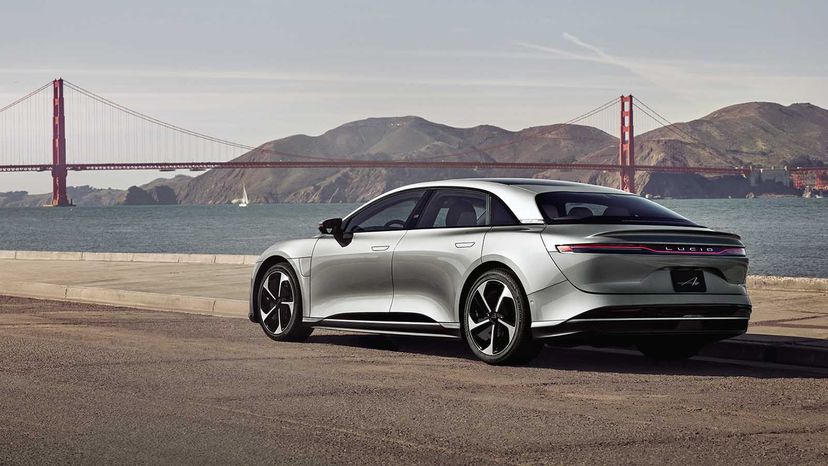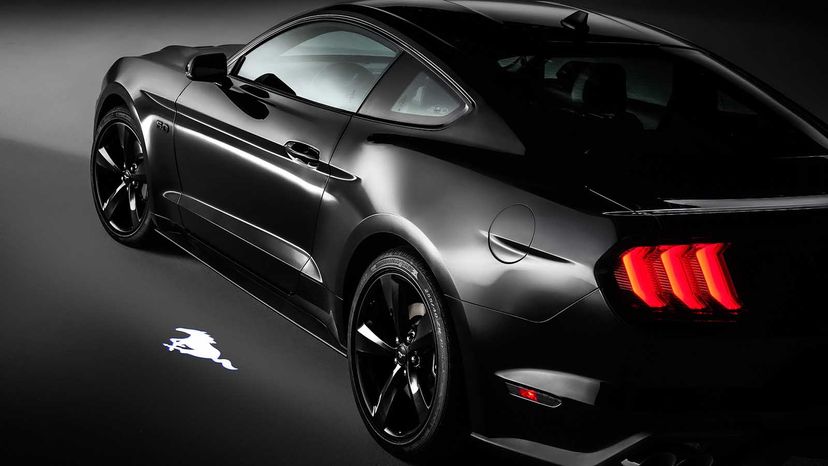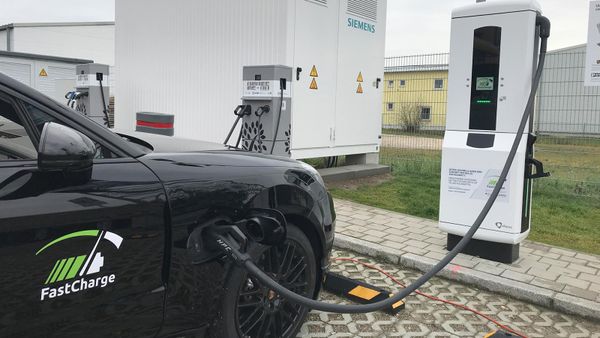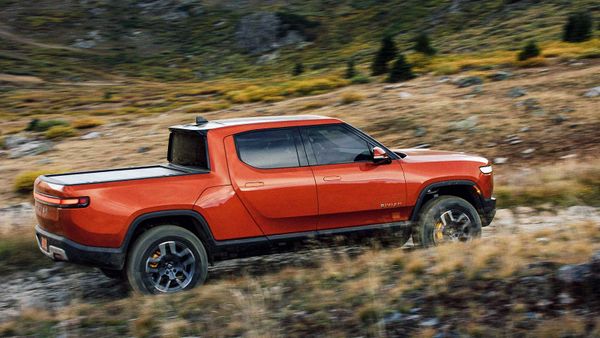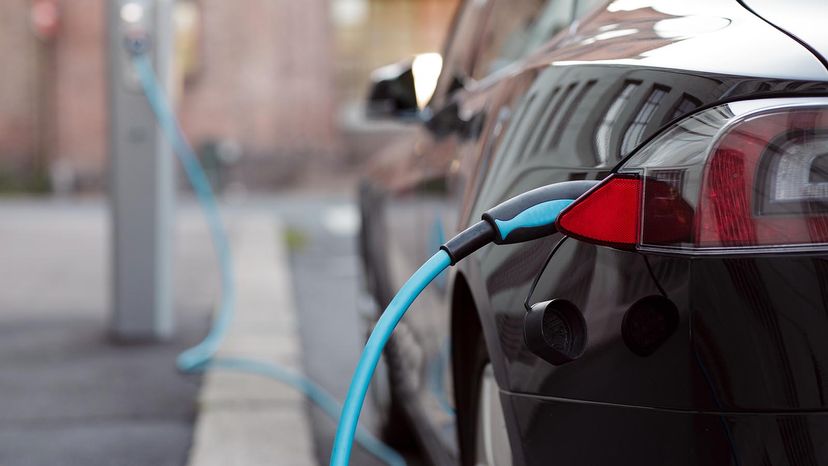
If you still haven't made the leap from your gas-guzzling car to an electric vehicle — or EV — what's stopping you? There are a lot of exciting new EVs on the market, from sports cars to pickup trucks, from a wide variety of automakers.
More people than ever are considering EVs the next time they shop for cars — 37 percent in fact, according to Jenni Newman, editor-in-chief at Cars.com who was a panelist at the first annual Chicago Drives Electric event in late 2022.
Advertisement
A similar survey by Consumer Reports (its largest ever on the topic) found that more than a third of respondents said they'd consider buying an EV if certain barriers weren't holding them back.
If that sounds like you, we're here to help dispel some of those outdated myths that might be keeping you from finally going electric.
Advertisement
